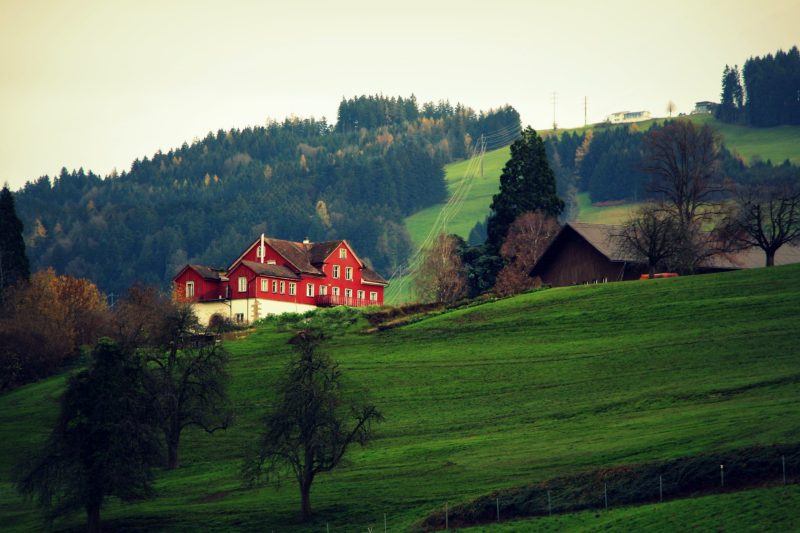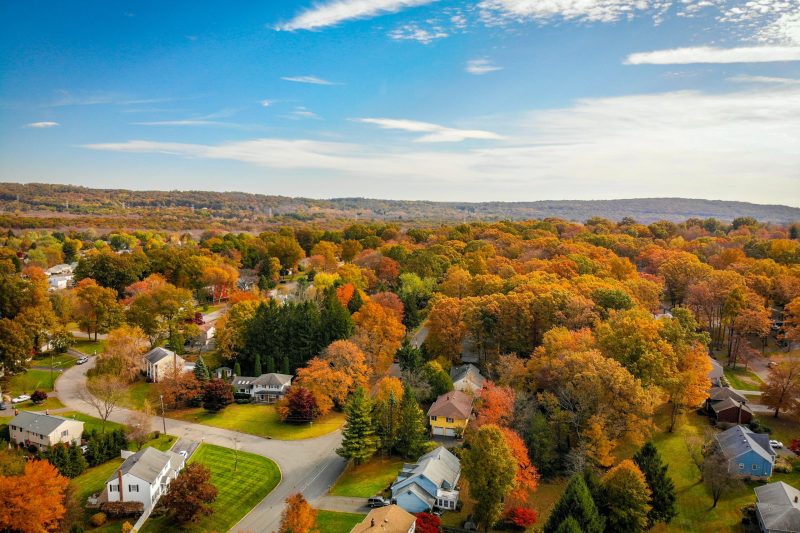Buy in West Chicago, IL with No Money Down!
“Unlock the Power of USDA Mortgages with Smart Mortgage!”
West Chicago, IL USDA Home Loan Guide
What is a West Chicago, IL USDA Mortgage?
Welcome to the Smart Mortgage guide on USDA Mortgages. Navigating the home financing world can be a daunting task, but understanding the various mortgage options available can significantly streamline the process. One such option that you might not be familiar with is the West Chicago, IL USDA mortgage. Let’s dive in.
1. Overview
A USDA mortgage, formally known as the USDA Rural Development Guaranteed Housing Loan, is a mortgage loan offered to rural property owners by the United States Department of Agriculture (USDA). Designed primarily to promote Illinois homeownership in rural and some suburban areas, the West Chicago USDA loan comes with a range of benefits that make it a viable option for eligible homebuyers.
2. Key Features
- No Down Payment: One of the standout features of a USDA loan in West Chicago, IL is the possibility of financing up to 100% of the home’s price. This means eligible borrowers can buy a Illinois home with no down payment.
- Competitive Interest Rates: Typically, USDA loans come with interest rates that are either at or below the market rate.
- Flexible Credit Guidelines: USDA loans often have more lenient credit requirements, which can be beneficial for those with a less than perfect credit history.
West Chicago FL USDA Loan Questions Call (888)416-4805
Get cash from your home.
Apply to see how a cash out refinance can help you.
Homebuyer Seminars
Discover the keys to homeownership at our local home buying seminar – your first step towards securing your dream home!
See our home loans.
Explore our diverse range of home loan programs tailored to fit your unique needs!
3. Eligibility Criteria
To be eligible for a West Chicago, IL USDA mortgage, borrowers must meet certain requirements:
- Location: The West Chicago, IL property must be located in an eligible rural or certain suburban area as defined by the USDA.
- Income Limits: There are specific income requirements, both minimum and maximum, based on the median income of the area.
- Creditworthiness: While the USDA is generally more lenient with credit scores, a certain credit standard must still be met.
- Primary Residence: The borrower must occupy the home as their primary residence.
4. Benefits of a USDA Mortgage
- Affordability: With no down payment and the potential for lower mortgage insurance premiums, a West Chicago, IL USDA loan can be more affordable in the long run.
- Inclusive: It’s a great option for West Chicago, IL first-time homebuyers or those without a substantial savings for a down payment.
- Supporting Rural Development: By opting for a USDA mortgage, you’re indirectly supporting the development and sustainability of rural communities.
5. How Smart Mortgage Can Help
Navigating the intricacies of USDA mortgages can be challenging. That’s where Smart Mortgage steps in. Our team of seasoned USDA mortgage professionals is here to guide you through every step, ensuring you make informed decisions tailored to your needs. Whether you have questions about your eligibility or the application process, we’re here to help.
Take the Next Step Interested in exploring if a West Chicago, IL USDA mortgage is right for you? Get in touch with our Smart Mortgage team today at (888)416-4805. We’re committed to helping you find the best mortgage solution for your unique situation.
Do you need a Pre-Approval?
We are here to help! Get a same day West Chicago, Illinois USDA pre-approval to shop for your dream home!
Mortgage Resource Center

Why Veterans Might Opt for USDA Loans Over VA Loans
Title: Exploring the Choice: Why Veterans Might Opt for USDA Loans Over VA Loans Introduction When it comes to home financing options for Read more
Government Rural Home Loans: A Rising Trend Heading into 2024
Introduction As we approach 2024, government rural home loans are gaining significant traction, offering promising opportunities for individuals Read moreMore information About West Chicago, Illinois
West Chicago is a city in DuPage County, Illinois, United States. The population was 25,614 at the 2020 census. It was formerly named Junction and later Turner, after its founder, John B. Turner, president of the Galena and Chicago Union Railroad (G&CU) in 1855. The city was initially established around the first junction of railroad lines in Illinois, and today is still served by the Union Pacific West Metra service via West Chicago station.
Erastus Gary, of Pomfret, Connecticut, homesteaded 760 acres (310 ha) on the banks of the DuPage River, just south of West Chicago’s present day city limits in the 1830s. His son became “Judge” Elbert Henry Gary, the first CEO of America’s first billion-dollar corporation, U.S. Steel, and for whom Gary, Indiana, is named. Gary also helped bring brothers Jesse and Warren Wheaton, founders of nearby Wheaton, Illinois, the DuPage County seat, from Connecticut to the Midwest. A pioneer cemetery on the old Gary Homestead, where a sawmill had been built by the Garys, just north of Gary’s Mill Road, and north of its terminus at Illinois Route 59, was built over with apartment buildings in the 1960s.
In 1849, the Galena and Chicago Union Railroad (predecessor of the C&NW) reached the site of present-day West Chicago, then continued northwest to Elgin. In 1850, the Aurora Branch Railroad (predecessor of the CB&Q) built southwest, making America’s first railroad junction point west of Chicago. In 1854, the G&CURR opened the “Dixon Air Line” branch West thru Geneva.
Because of the number of trains passing through town, water and fuel facilities for locomotives and a roundhouse were built here, as well as an early eating-house and hotel for travelers. As a result, a number of new employees and their families located to this community. The original settlers were primarily English and Irish, with Germans arriving in the 1860s and Mexican immigrants by the 1910s. John B. Turner, president of the G&CU and a resident of Chicago, owned several acres of land in what is now the center of town. As more people settled in Junction, Turner recognized the chance to make a profit by platting his land and selling off lots. He therefore recorded the community’s first plat in 1855 under the name of Town of Junction.
The community continued its growth, although the one-room schoolhouse built a mile outside town in 1835 would become the state’s last surviving one-room schoolhouse when it closed in 1991. Meanwhile, in 1857, Dr. Joseph McConnell and his wife Mary platted a second portion of town just north of John B. Turner’s plat. They recorded their plat as the Town of Turner in honor of the railroad president. These two “towns” became informally known as Turner Junction.
We Service the Following Locations in Florida



